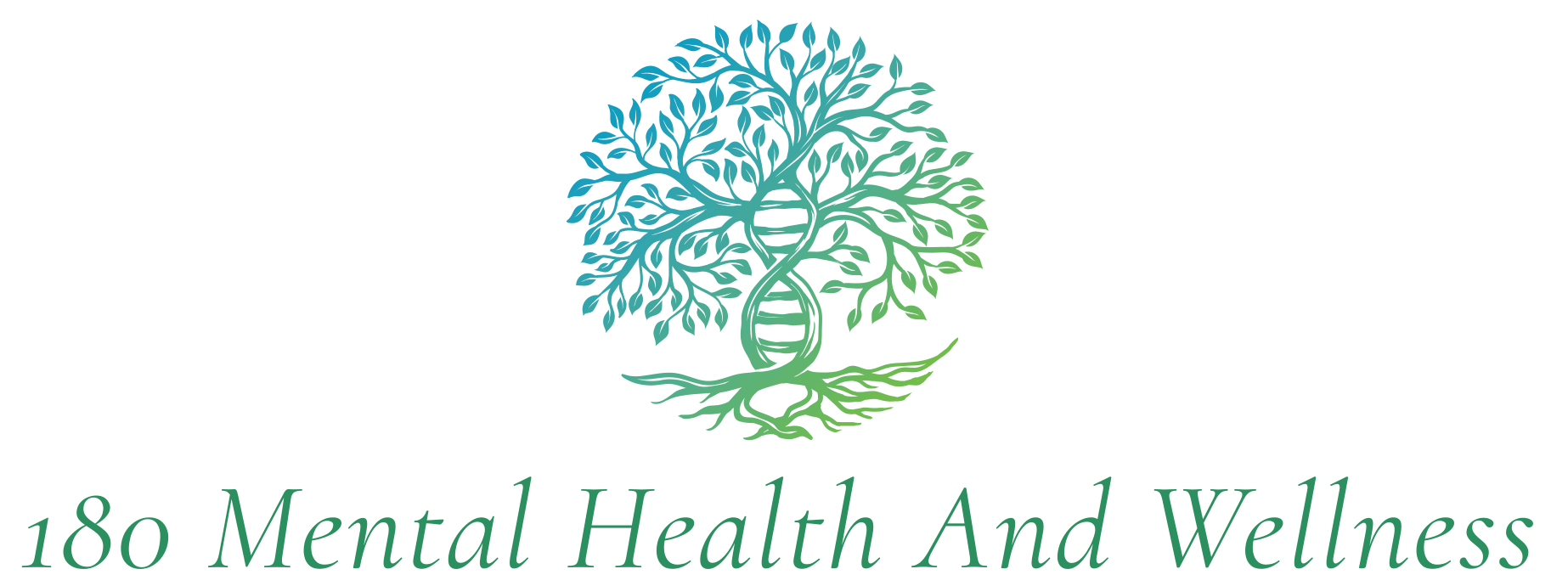The best type of therapy for ADHD in adults is a mix of medication and behavior changes. About 4.4% of adults in the United States have ADHD. However, many are not diagnosed or do not get proper treatment. Knowing the best treatment options can help people make better choices for their care. This approach focuses on both the brain’s role in ADHD and the habits that have formed over time.
Finding the right treatment takes time and teamwork with skilled mental health professionals. ADHD does not have the same effects on everyone. This means creating a plan that fits the individual is key to success.
Here is more on this topic.
1. Medication Management
For most adults with ADHD, stimulant medications are the main treatment. These medications help by boosting the hormones in the brain, which improve focus and attention.
Stimulant Medications
There are two main types of stimulant medications. The first type is methylphenidate-based, and options include Ritalin, Concerta, and Daytrana. They usually work for 4 to 12 hours, depending on the type.
The second type is amphetamine-based options, including Adderall, Vyvanse, and Dexedrine. Providers usually start with a low dose and slowly increase it to find the right balance. This process helps reduce side effects while getting the best results.
About 70% to 80% of adults with ADHD respond well to stimulant medications. Many notice better focus, improved task completion, and more control over impulses within a few weeks.
Non-Stimulant Options
For some adults, side effects or medical conditions might mean that they should not take stimulants. Non-stimulant medications include:
- Atomoxetine (Strattera)
- Bupropion (Wellbutrin)
- Guanfacine (Intuniv)
These medications take longer to work, often about 6 to 8 weeks. However, they are a good choice for people with a history of substance abuse or heart-related issues.
2. Cognitive Behavioral Therapy (CBT)
CBT helps with the emotional and behavioral challenges that medication cannot fully address. It focuses on teaching practical skills and strategies to manage ADHD.
Organization and Planning
Adults learn how to use tools like calendars, planners, and apps to stay organized. Time management is a big focus. They also learn to plan tasks, set priorities, and estimate how long things will take.
Changing Negative Thoughts
CBT helps adults recognize and challenge unhelpful thoughts, like “I am lazy” or “I cannot succeed.” These are replaced with more positive and realistic beliefs.
Problem-Solving Skills
Adults learn step-by-step methods to tackle problems. For example, they might learn to break big tasks into smaller steps. Another option is to come up with different solutions.
How CBT Works
CBT programs for ADHD usually last 12 to 16 sessions, with weekly 50-minute meetings. Providers often give homework to help practice new skills between sessions.
3. Behavioral Strategies and Lifestyle Changes
In addition to ADHD therapy for adults, certain habits and changes can help. These strategies work well alongside medication and counseling.
Making the Environment ADHD-Friendly
Setting up spaces to reduce distractions can improve focus. This might mean:
- Using noise-canceling headphones
- Keeping work areas tidy
- Having a specific spot for studying or working
Using Technology for Support
Technology can help adults with ADHD stay organized. Smartphone apps, reminders, and project management tools can make it easier to manage tasks and stay on track.
4. Exercise and Physical Activity
Regular exercise significantly improves ADHD symptoms in adults. Cardiovascular exercise increases brain-derived neurotrophic factor (BDNF). This supports cognitive function and attention regulation.
Mental health providers often recommend at least 30 minutes of moderate exercise most days of the week. The following activities provide the most benefit for ADHD symptoms:
- Running
- Swimming
- Cycling
5. Sleep Hygiene
Sleep difficulties affect up to 75% of adults with ADHD. Poor sleep exacerbates:
- Attention problems
- Impulsivity
- Emotional regulation difficulties
Having a consistent sleep schedule and creating bedtime routines improve sleep quality. Mental health providers may recommend avoiding screens before bedtime. Creating dark, cool sleeping environments can also help.
6. Psychoeducation and Support
Understanding ADHD helps adults develop self-compassion and realistic expectations. Psychoeducation covers the following:
- The neurobiological basis of ADHD
- Common symptoms
- Available treatments
Family education can improve relationships and reduce conflict. When family members understand ADHD, they can provide better support and avoid blame or criticism.
Support groups connect adults with ADHD to others facing similar challenges. Groups like these can be a great source of social support and practical tips.
7. Treatment Monitoring and Adjustment
Effective treatment for ADHD in adults requires ongoing monitoring and adjustment. Mental health providers regularly assess:
- Symptom improvement
- Side effects
- Functional outcomes
Rating scales and questionnaires help track progress objectively. These tools measure symptoms across different life domains, including work, relationships, and self-care.
Treatment plans evolve as life circumstances change. Career changes, relationship shifts, or new stressors may require medication adjustments. They may also need additional therapeutic support.
The Best Type of Therapy for ADHD in Adults in Phoenix, AZ
It is important to remember that ADHD treatment is different for everyone. Finding the right mix of strategies may take time and patience, but it is worth the effort. This approach addresses ADHD from multiple angles for better results. Working with experienced mental health professionals who understand adult ADHD is key. They can create a personalized plan that fits your needs.
Are you ready to explore the best type of therapy for ADHD in adults? 180 Mental Health and Wellness is here to help you. We offer compassionate therapy for ADHD in adults. Our team specializes in adult ADHD and provides proven treatments to help you thrive. Call us today at (480) 863-5250 or use our appointment request form to schedule a consultation. Begin your journey to better ADHD management today.
We look forward to serving you!

